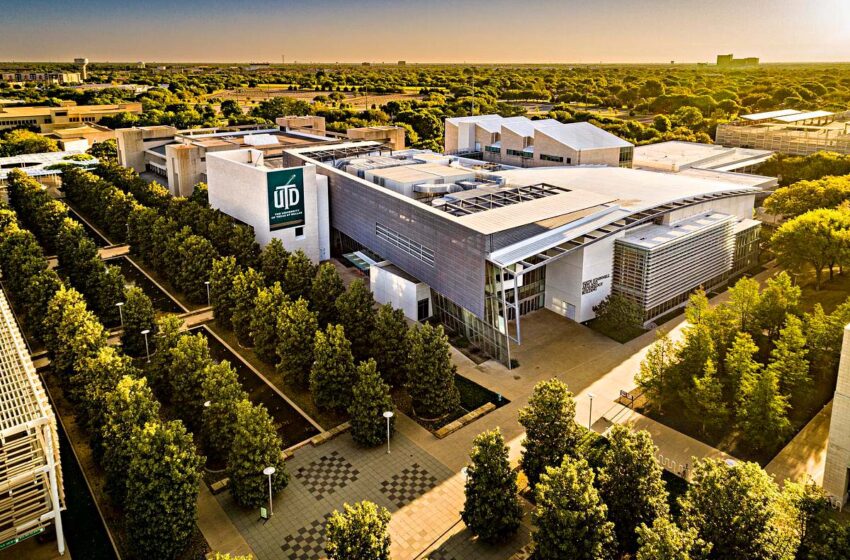Jyoti Bansal regrets selling his business for $3.7 billion at 39

At 39, Jyoti Bansal, Indian American founder and former CEO of AppDynamics, sold his startup to tech giant Cisco for a cool $3.7 billion, but he probably wouldn’t make the same “mistake” with his new baby, Harness.
The 2017 deal with Cisco made hundreds of the startup’s employees, Bansal included, instantly wealthy. But what should have been a joyous moment became Bansal’s “saddest day,” he told CNBC Make It in an interview.
Rajasthan, India born Bansal, who had long dreamed of becoming an entrepreneur worked as a Silicon Valley software engineer for eight years until he got a Green Card — and launched his own startup AppDynamics, creating tools for troubleshooting outages and other software applications flaws.
READ: Indian American Jyoti Bansal sells AppDynamics to Cisco for $3.7 billion (January 26, 2017)
“When I started [AppDynamics], I didn’t think about a financial outcome,” he told the channel. “I just thought in terms of: This problem needs to be solved.”
But after selling it to Cisco, Bansal realized that he hadn’t finished the job at AppDynamics — which could’ve become a “much bigger” company, he says — and he was aimless without a big problem to focus on.
After six months of traveling the world, Bansal launched a San Francisco-based startup called Harness, which also makes tools for software developers. It was most recently valued at $3.7 billion in 2022, according to the company, the same amount AppDynamics sold for.
Talking about why he’d almost certainly turn down a similar offer for his startup today, Bansal told CNBC Make It he was “sad and depressed” as he walked home after “a very happy celebration” at their office in San Francisco.
READ: New York Life honors Jaydev Patel with a statue (October 1, 2024)
“I spent nine years of my life fully dedicated to what we were building there. Suddenly, it’s the end of a chapter,” he said. “That’s the bittersweet part of selling your company. It’s a great outcome in a lot of ways, but it’s the end of a chapter, or end of a book, in many ways too. I was kind of lost.”
Asked what were the biggest factors he considered before deciding on Cisco’s “surprise” offer, Bansal said, “We could be part of a bigger platform, like Cisco, and their customer base and market. That’s one factor.
“The second is culture, what kind of home your employees get. Cisco, to their credit, did an excellent job giving a high degree of independence to the AppDynamics unit, I’d say. The third factor is financial. Is it the right thing for the stockholders — founders, investors and employees?”
In the end, “we had about 300 or so employees who made more than a million dollars in the final offer we accepted. We had dozens of employees with $5 million-plus outcomes,” he said. “That’s life-changing, so it all became risk versus reward.”
Yet after the sale he felt sad or lost, Bansal said as he “realized that I really enjoyed building the company, creating products, solving problems, competing in the market, every element of company building that I’d gone through. It was intense and stressful, but I really enjoyed it. I also felt like we didn’t fully finish what we could’ve done.”
Bansal’s first instinct was to retire. “I wanted to trek in the Himalayas, hike Machu Picchu, do a safari in Africa, see the fjords in Norway,” he said. “In six months, my bucket list was done. And I started to realize: That’s not it for me.”
Asked what would he do if he got a great last-minute offer to sell Harness as he weighs a potential IPO for it, Bansal said, “We’d have to entertain the offer, but I know the answer is most likely no.”
“[At AppDynamics] it felt like we were closer to the finish line. At Harness, we want to get to billions of dollars of revenue. We’re expanding into new markets, new products, solving more problems, and we create the organizational culture that does that. That’s what I want to do, as long as we can,” he said.
“It feels like our journey is just starting, so it doesn’t make sense to sell to someone else. That’s a big part of what would drive a decision. We have so much [room] to grow from here,” Bansal said. “So, the answer is no — unless something crazy happens.”
(This post was originally published by The American Bazaar.)
